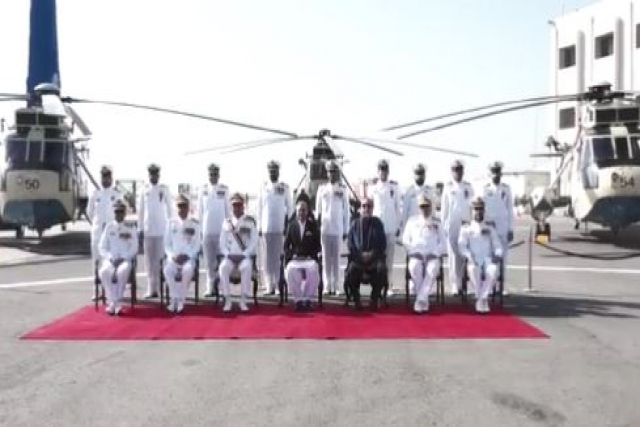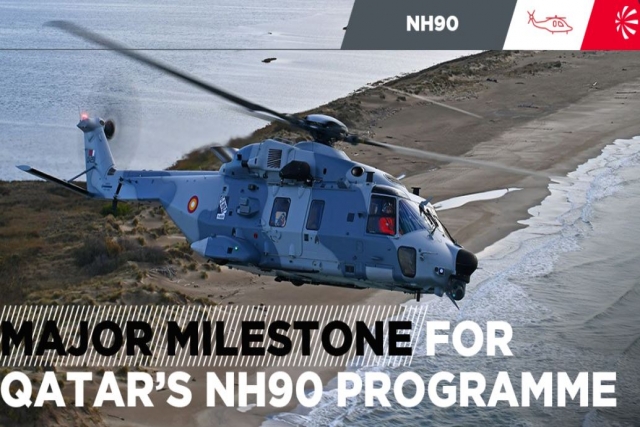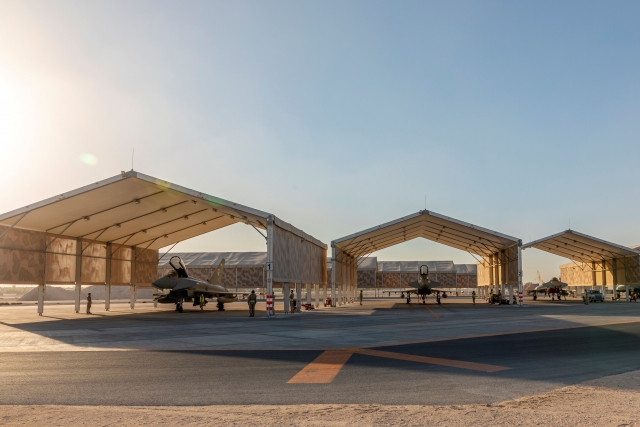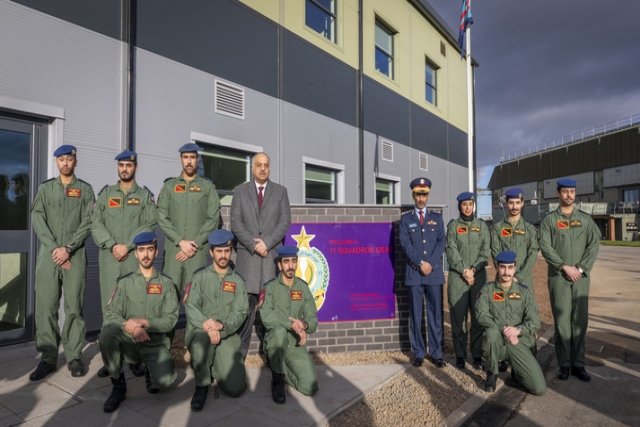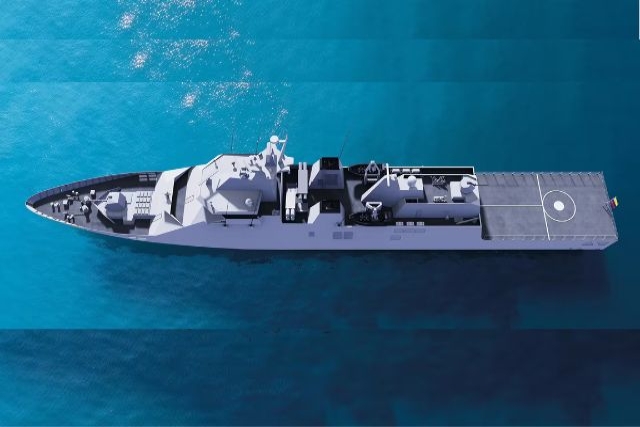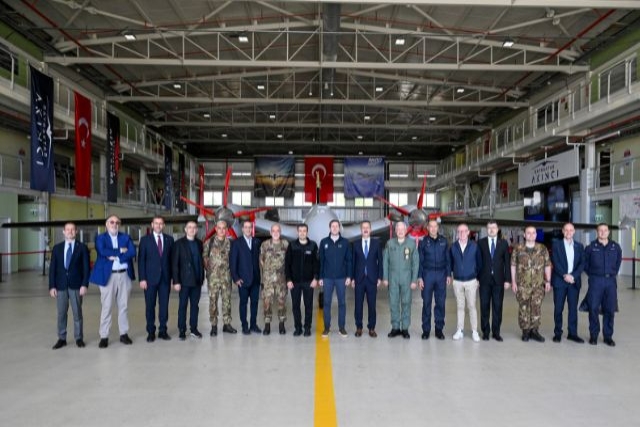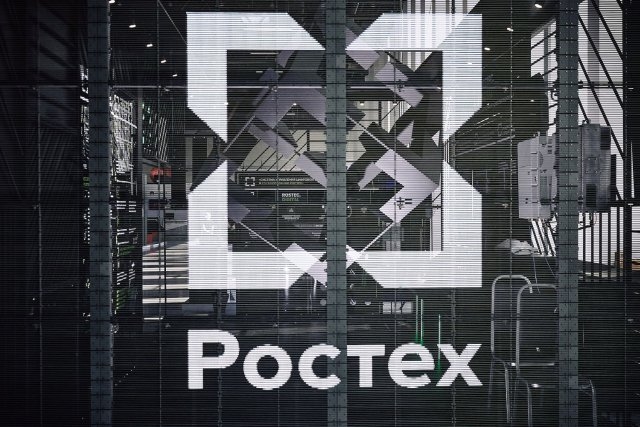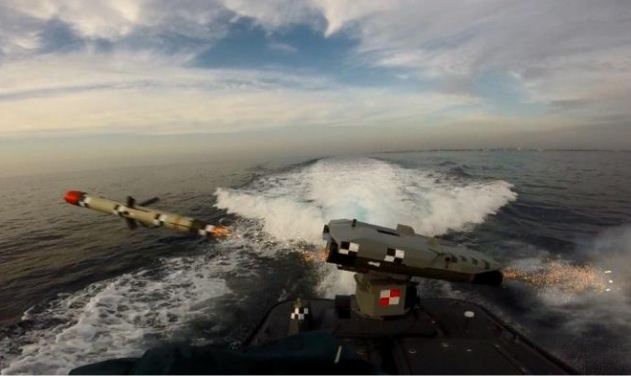U.S. to Designate Qatar as ‘Major Non-NATO Ally’
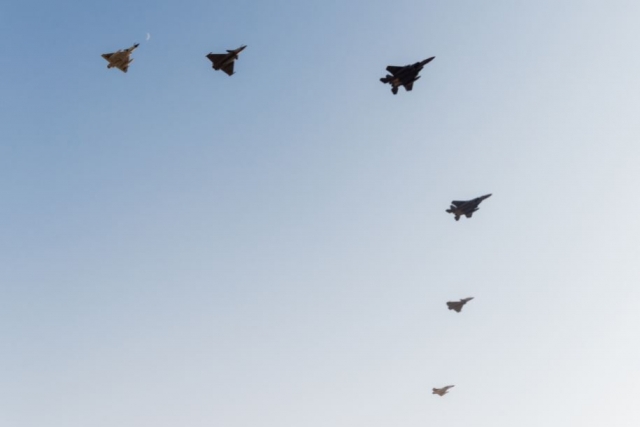
U.S. President Joe Biden indicated plans to nominate Qatar as a "major non-NATO ally" after his meeting with Qatari Amir Sheikh Tamim bin Hamad Al Thani today.
The designation will change the way the United States and its military interact with that country, Pentagon Press Secretary John F. Kirby told reporters during a briefing today at the Pentagon. "It does open up a full new range of opportunities: exercises, operations and you know, perhaps, the ... acquisition of capabilities as well.”
The Amir also met today with Secretary of Defense Lloyd J. Austin III at the Pentagon.
"The secretary reiterated his heartfelt gratitude to the Amir's indispensable and, quite frankly, ongoing support to our efforts to continue to get Americans and our Afghan allies out of Afghanistan," Kirby said.
The two leaders, he said, discussed shared regional security interests including de-escalating tensions in the region, countering terrorism and the threats represented by Iran.
"Secretary Austin shared his vision for integrated deterrence, emphasizing the importance of multilateral efforts and integrated operations with partners like Qatar, to address threats confronting the region," Kirby said.
According to the U.S. State Department, a designation as major non-NATO ally, or MNNA, serves as "a powerful symbol of the close relationship the United States shares with those countries and demonstrates our deep respect for the friendship for the countries to which it is extended."
Nations with the MNNA designation are eligible to, among other things, host U.S. war reserve stockpiles of material inside their countries. Private companies within those nations are also eligible to bid on contracts to maintain, repair or overhaul U.S. military equipment. Those nations can also enter into agreements with the United States for training.
More than 15 nations, including, but not limited to Australia, Bahrain, Japan, Kuwait, and the Philippines, are currently designated as major non-NATO allies by the United States.
